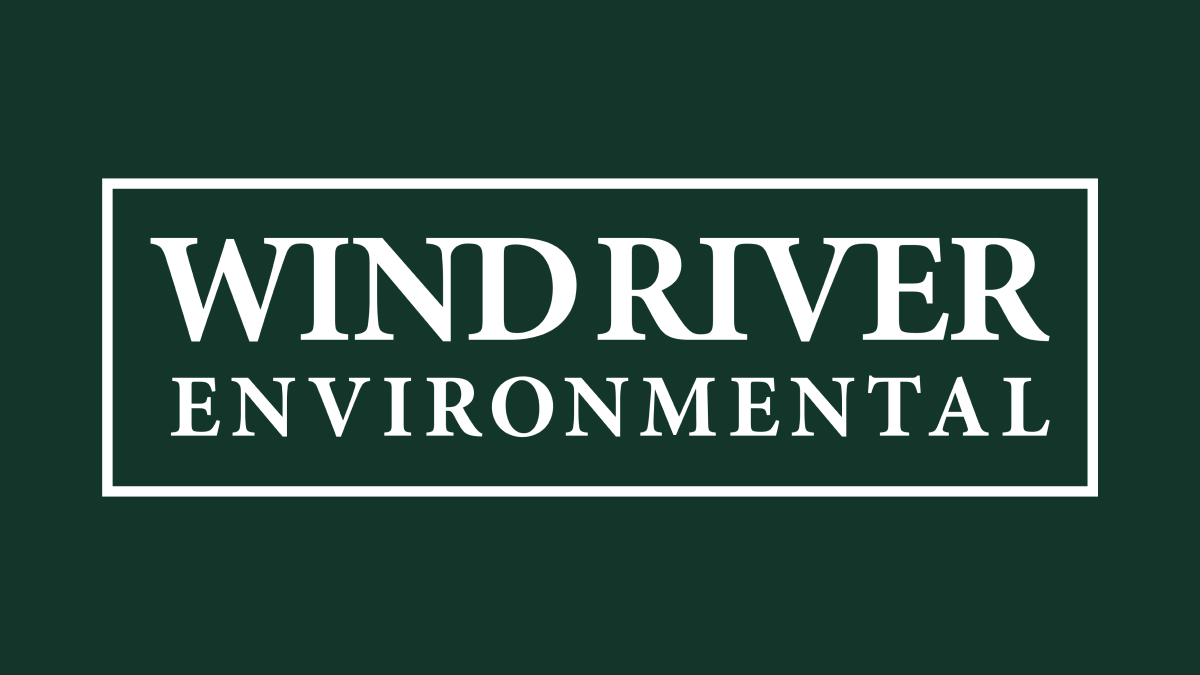Understanding Plumbing System Components and Potential Issues
Common Plumbing Components Homeowners Should Know
Plumbing is like the circulatory system of your home, quietly working behind the scenes to provide you with water whenever you need it. As a homeowner, it's beneficial to have a basic understanding of your plumbing's anatomy. The essential components include the pipes that transport water to and from your home, the drains that carry away waste, faucets that control the release of water, water heaters that provide hot water on demand, and the all-important shut-off valves that allow you to cut off water flow in case of a leak. Familiarity with these elements isn't just about knowledge; it's about being able to spot issues before they require major intervention.
Potential Plumbing Issues and Their Implications
Plumbing problems can range from the mildly annoying to the catastrophically expensive. Common issues include leaks that can cause water damage over time, clogs that can back up your system, corrosion that weakens pipes, and water pressure issues that can either blast you out of the shower or trickle out miserably. Each of these problems carries implications that go beyond mere inconvenience; they can lead to significant water loss, structural damage, and even health risks if mold and mildew are allowed to grow. This is why recognizing the early signs of plumbing distress is crucial for any homeowner.
The Benefits of Proactive Plumbing Maintenance
Preventing Costly Repairs and Water Damage
It's often said that an ounce of prevention is worth a pound of cure, and nowhere is this truer than in plumbing maintenance. Regular inspections can catch small drips before they become floods, identify weak points before they burst, and ensure that everything is flowing smoothly. By addressing these issues early, you can avoid the kind of costly repairs that come with major water damage—think ruined floors, mold remediation, and even foundation problems. Proactive maintenance is not just about keeping water running; it's about protecting the investment you've made in your home.
Extending the Lifespan of Plumbing Systems
Just like any other system in your home, your plumbing has a lifespan. But with the right care, you can extend it significantly. Routine maintenance, such as checking for leaks, insulating pipes, and flushing your water heater, can prevent the wear and tear that leads to breakdowns. This not only saves you money on replacements but also ensures that your system is efficient and eco-friendly. Investing a little time and effort into your plumbing can pay off in years of reliable service, sparing you the headache and expense of premature system failure.
How to Conduct a Basic Home Plumbing Inspection
Identifying Signs of Plumbing Problems
Even if you're not a plumbing expert, there are telltale signs that can alert you to potential problems. Unusual noises, like banging pipes or a gurgling drain, can indicate air in the pipes or a blockage. Slow drainage might suggest a developing clog, while dampness on walls, floors, or ceilings could point to a hidden leak. A sudden spike in your water bill might also signal a leak you haven't discovered yet. By staying vigilant and noting these early warning signs, you can address issues before they escalate into major concerns.
DIY Plumbing Inspection Checklist
Conducting a basic home plumbing inspection doesn't require specialized tools or skills—just a keen eye and a bit of knowledge. Start by examining visible pipes for signs of corrosion or leaks. Check under sinks for moisture or drips, and inspect your water heater for rust or pooling water. Test all your faucets for drips and ensure that each shut-off valve operates smoothly. Don't forget to flush toilets to check for running or leaking, and consider adding strainers to your drains to prevent debris from causing clogs. This simple checklist can help you catch small problems before they become big ones.
When to Call a Professional Plumber for an Inspection
Situations That Require Expert Assessment
While many minor plumbing issues can be handled with a bit of DIY spirit, there are times when you need to call in the professionals. If you've experienced a major weather event that could have damaged your plumbing, if you're considering purchasing a home and want to ensure the plumbing is sound, or if your own inspections have uncovered complex problems, it's time to get expert help. Professional plumbers have the experience and tools to diagnose and fix issues that are beyond the scope of the average homeowner, ensuring your plumbing system is in top condition.
What to Expect During a Professional Plumbing Inspection
When you enlist the services of a professional plumber for an inspection, you're getting more than just a cursory look-over. Plumbers come equipped with specialized tools like pipe cameras and pressure testers to thoroughly assess the health of your plumbing. They'll check for leaks, test water pressure, inspect fixtures, and assess the condition of your water heater and sump pump. They'll also provide you with a detailed report of any issues they find and recommend the best course of action. With a professional inspection, you can have peace of mind knowing that your plumbing system is being scrutinized by an expert eye.
Maintaining Plumbing Health Between Inspections
Best Practices for Home Plumbing Care
Maintaining your plumbing doesn't have to be a chore. With a few simple habits, you can keep your system running smoothly between inspections. Be mindful of what you put down your drains—avoid disposing of grease, coffee grounds, and other clog-inducing materials in your sink. Regularly clean your faucets and showerheads to prevent mineral buildup. Be gentle with your fixtures, and don't use them as hangers for heavy items. By adopting these everyday practices, you can help prevent common plumbing issues and extend the life of your system.
Seasonal Plumbing Considerations
As the seasons change, so do the needs of your plumbing system. In winter, it's crucial to insulate pipes to prevent freezing, which can lead to bursts and flooding. During summer, check your hoses and outdoor faucets for leaks that can waste water and increase your bill. Be aware of tree roots that may grow into your pipes in search of water during dry spells, and consider having your system checked before the heavy usage of holiday seasons. By taking these seasonal precautions, you can help ensure that your plumbing is prepared for whatever the weather brings.
Wind River Environmental
For homeowners looking to keep their plumbing in pristine condition, Wind River Environmental offers comprehensive services tailored to your needs. Whether you're in need of a routine inspection, emergency repairs, or just some expert advice, our team is ready to help. Don't wait for a small drip to become a disaster—contact us today to ensure your home's plumbing is in top shape!

.2412111706439.png)

.2410211334532.jpg)

.0000000000000.jpg)
